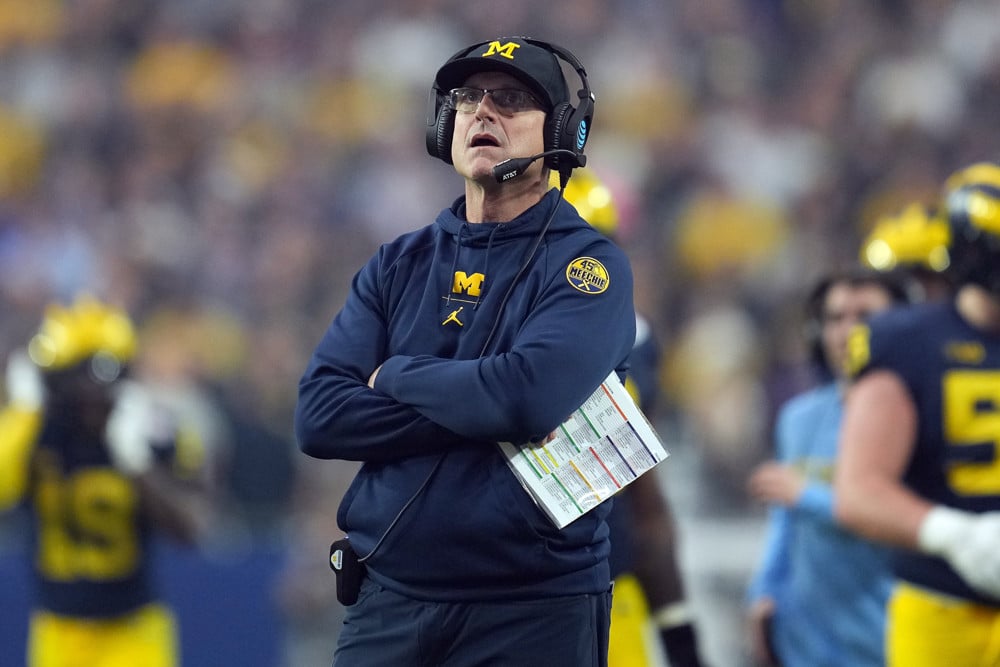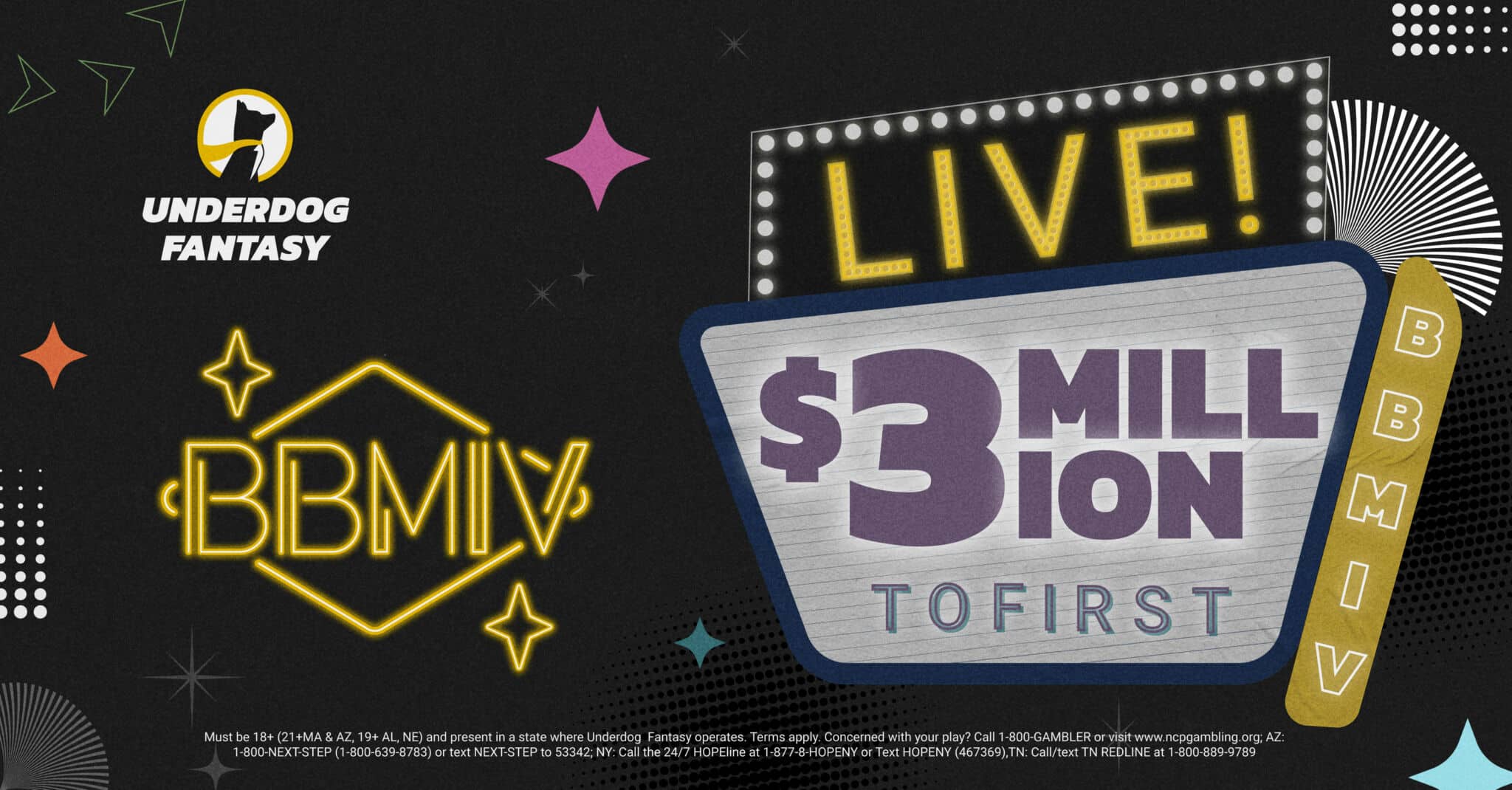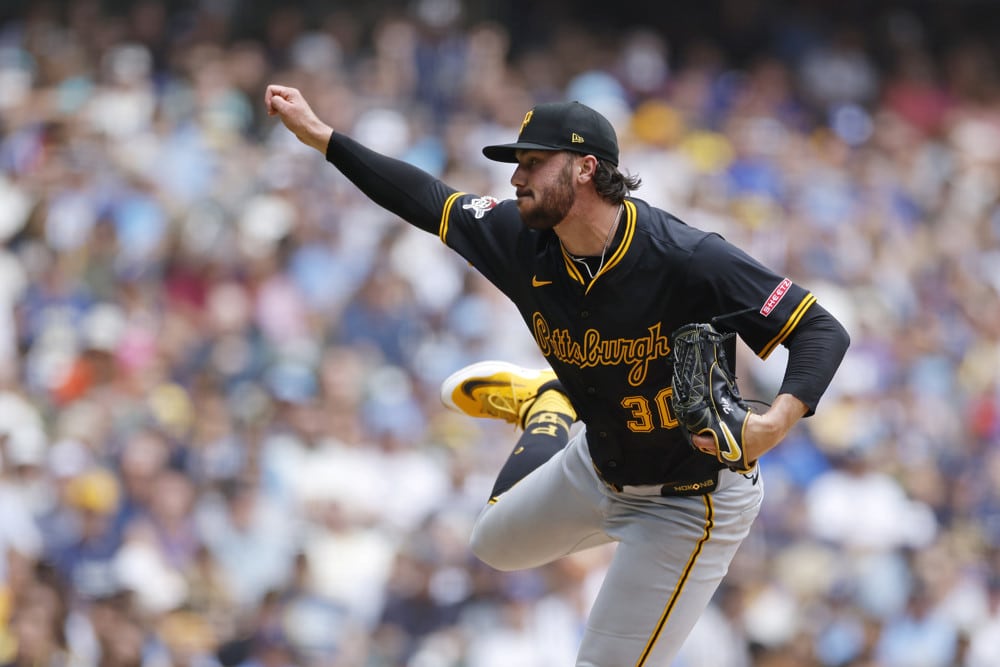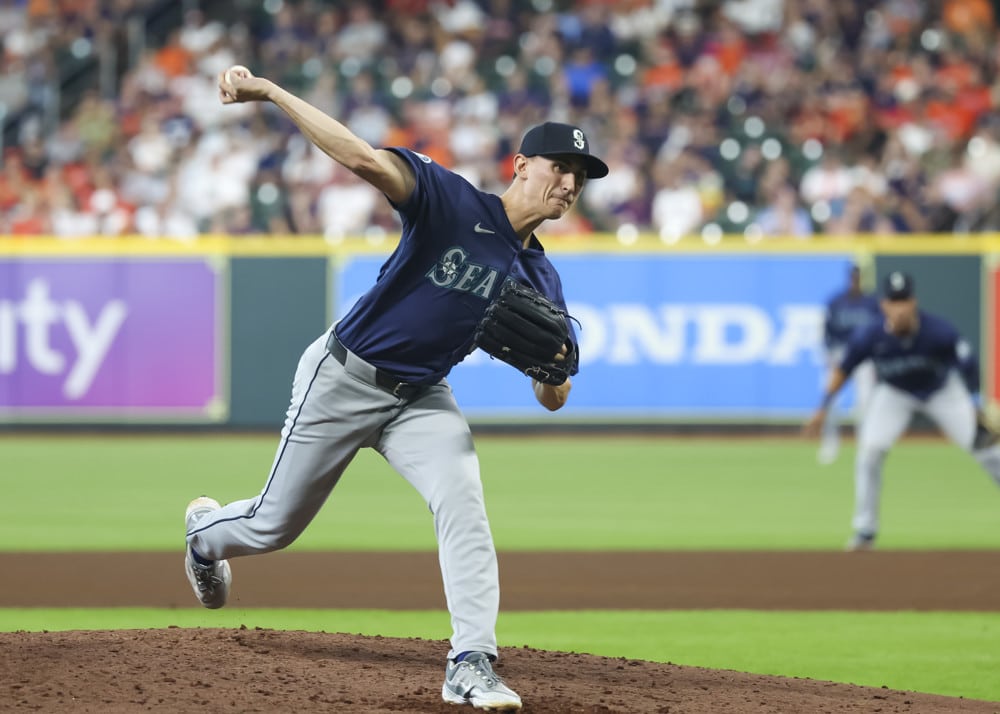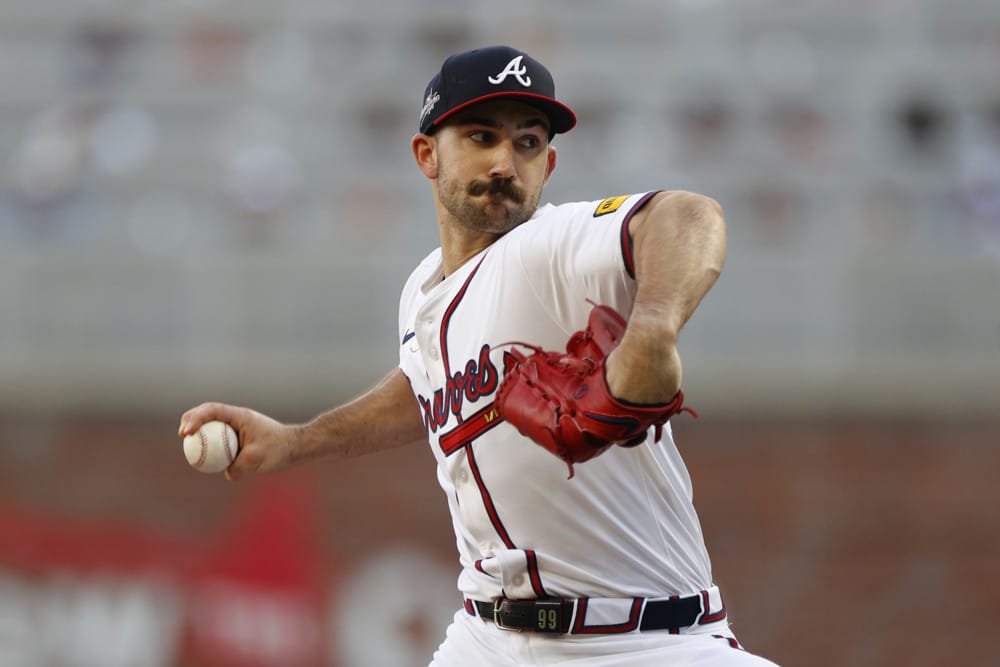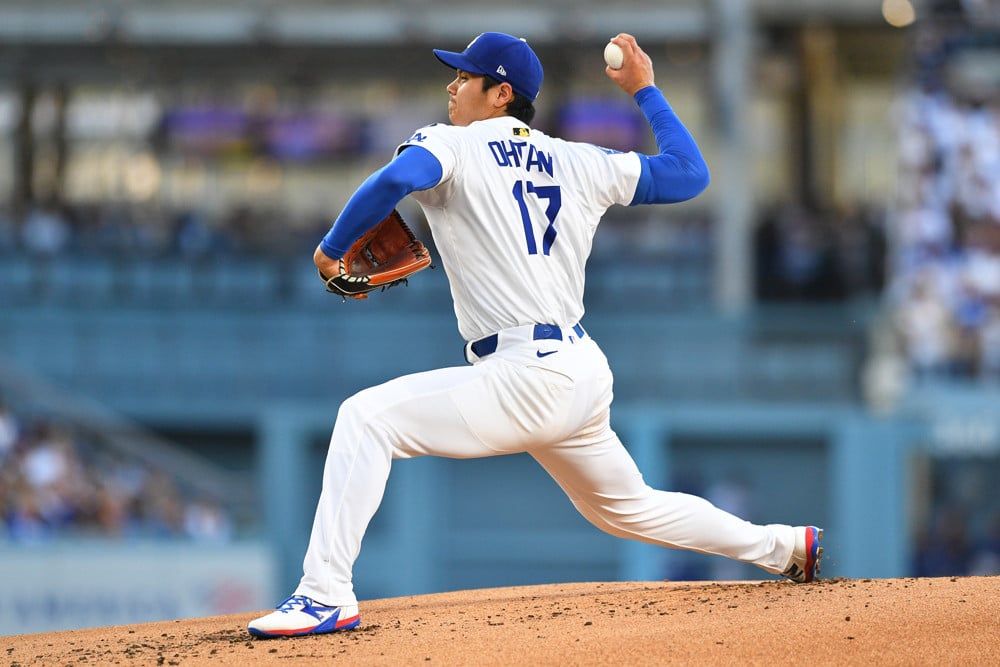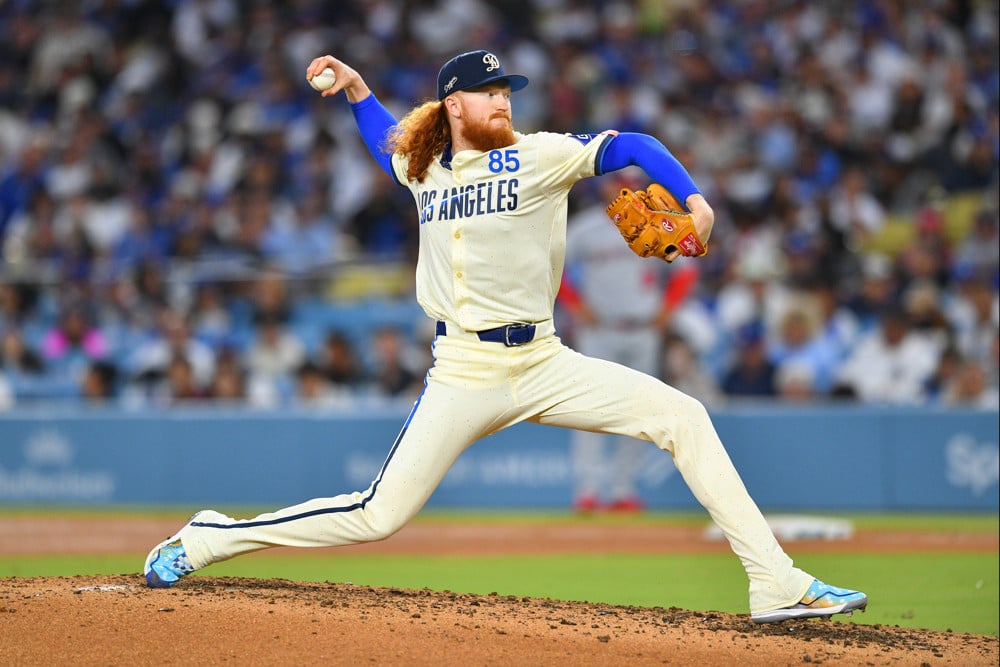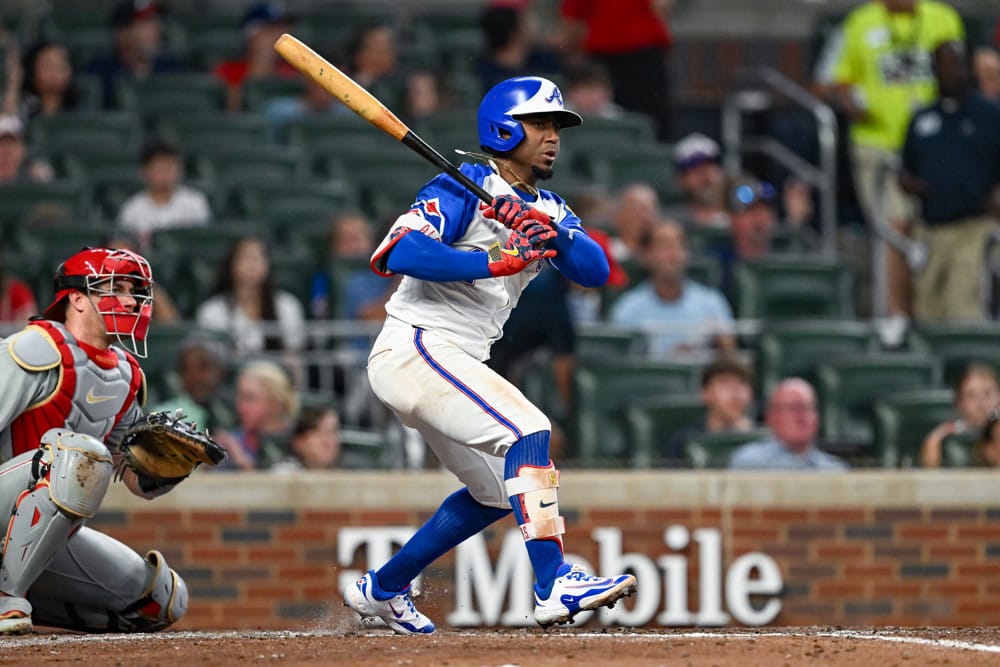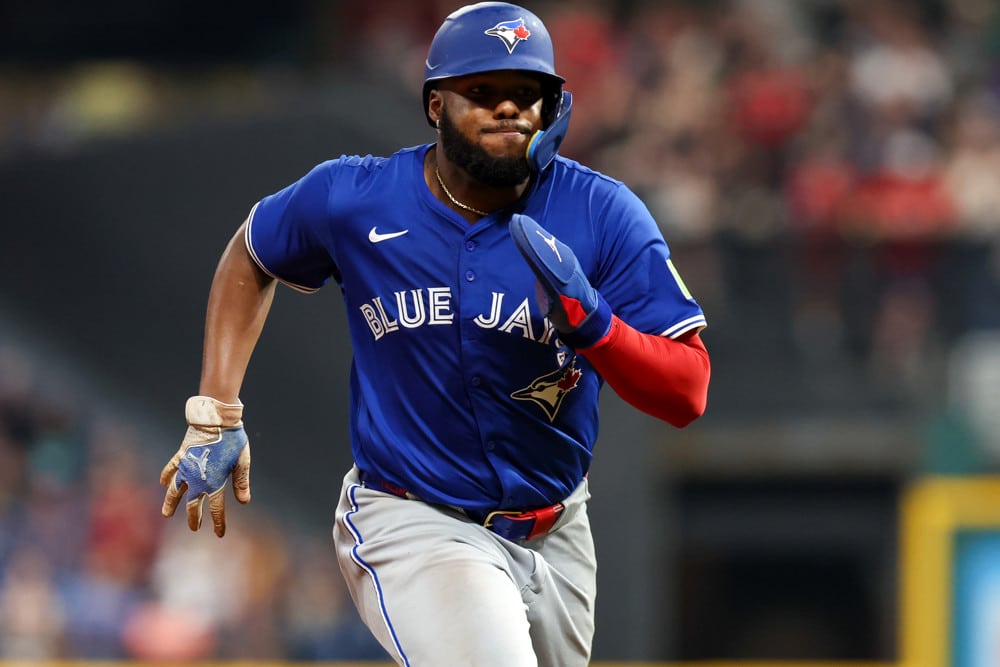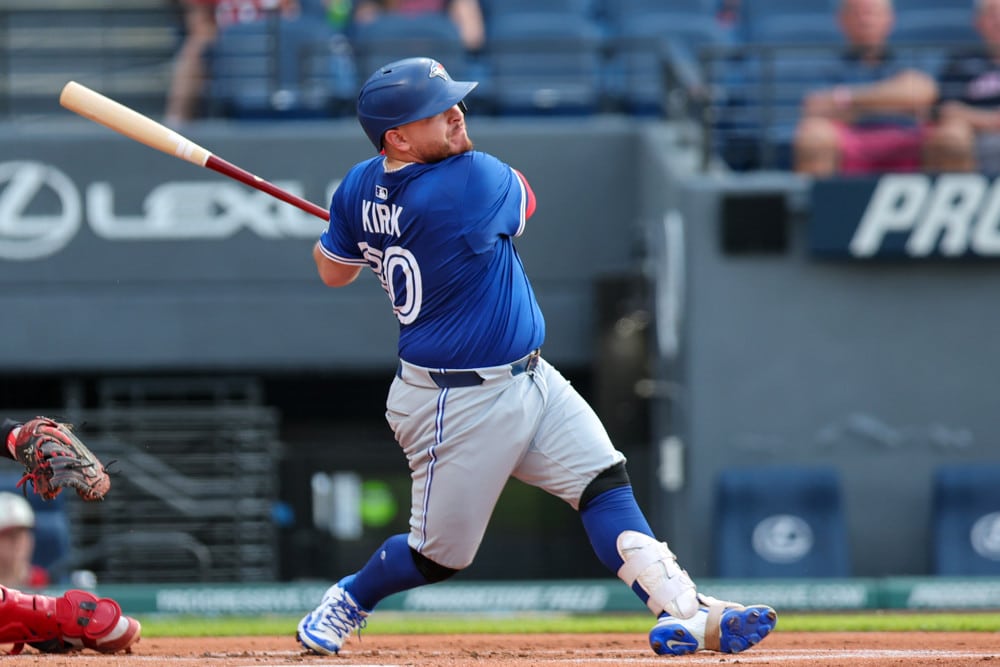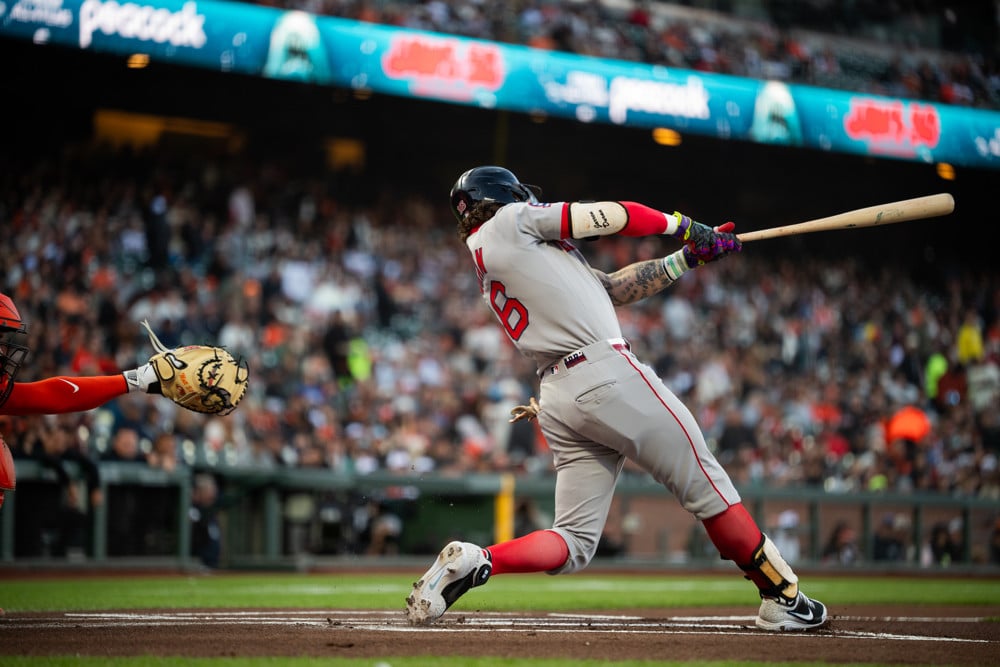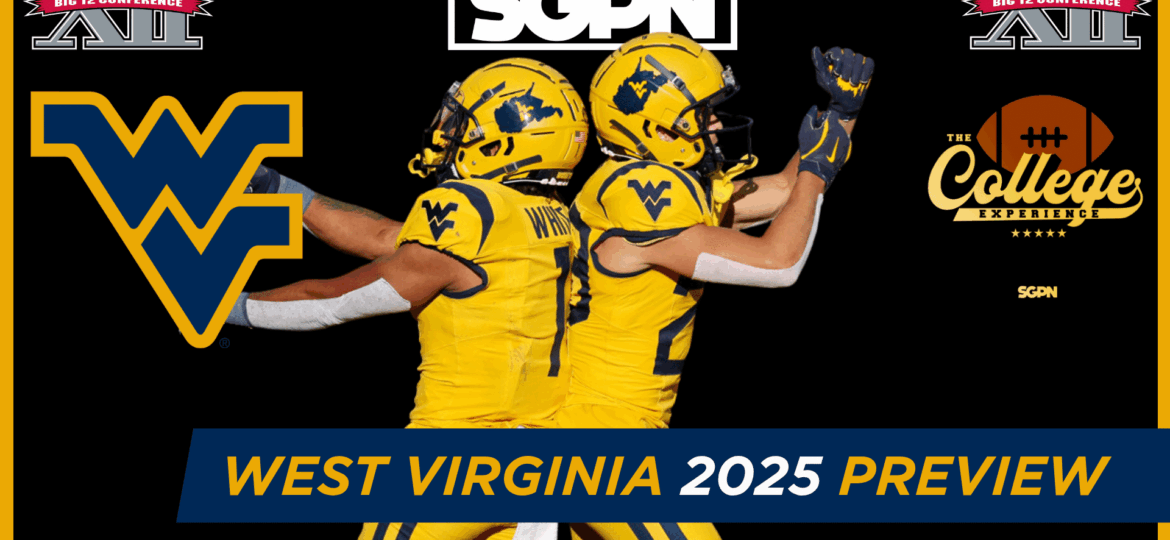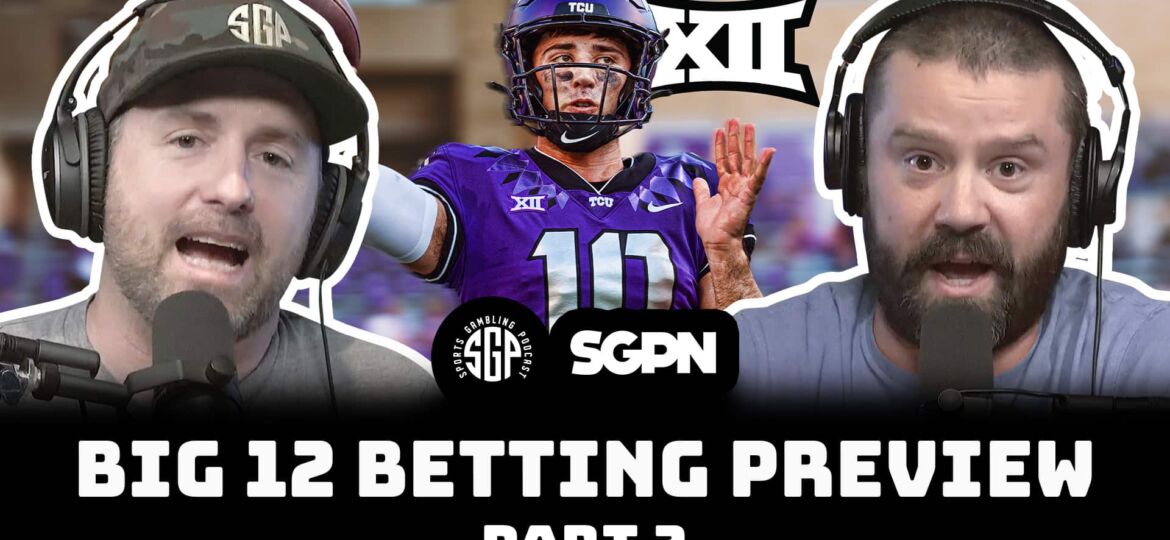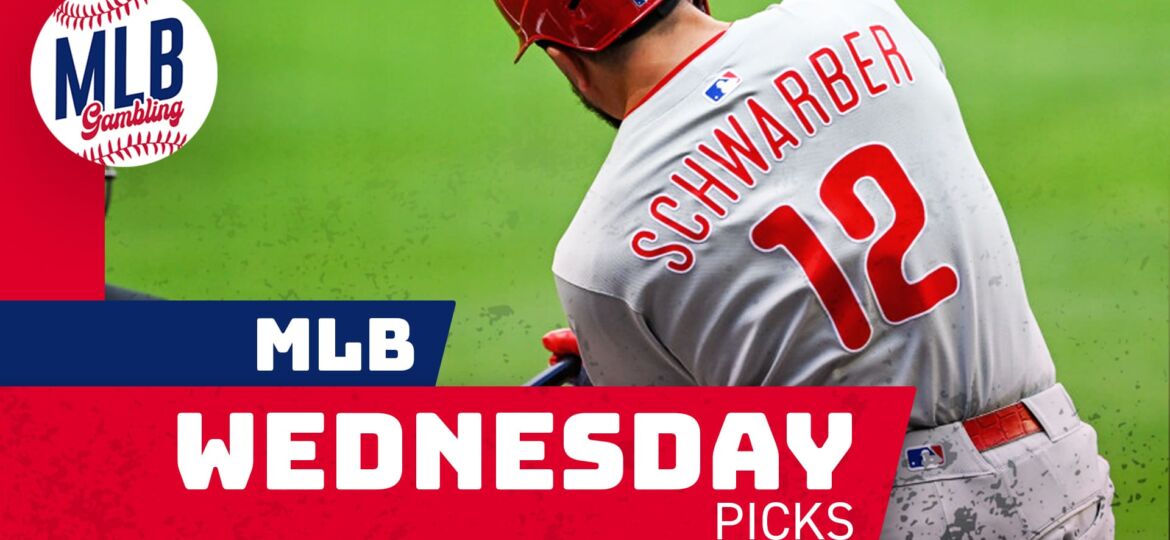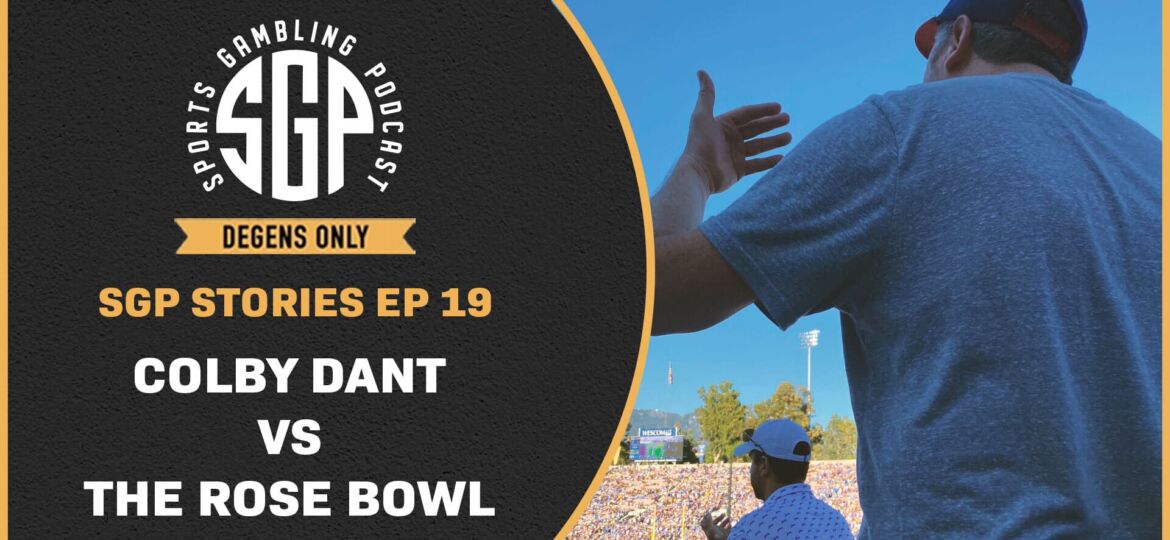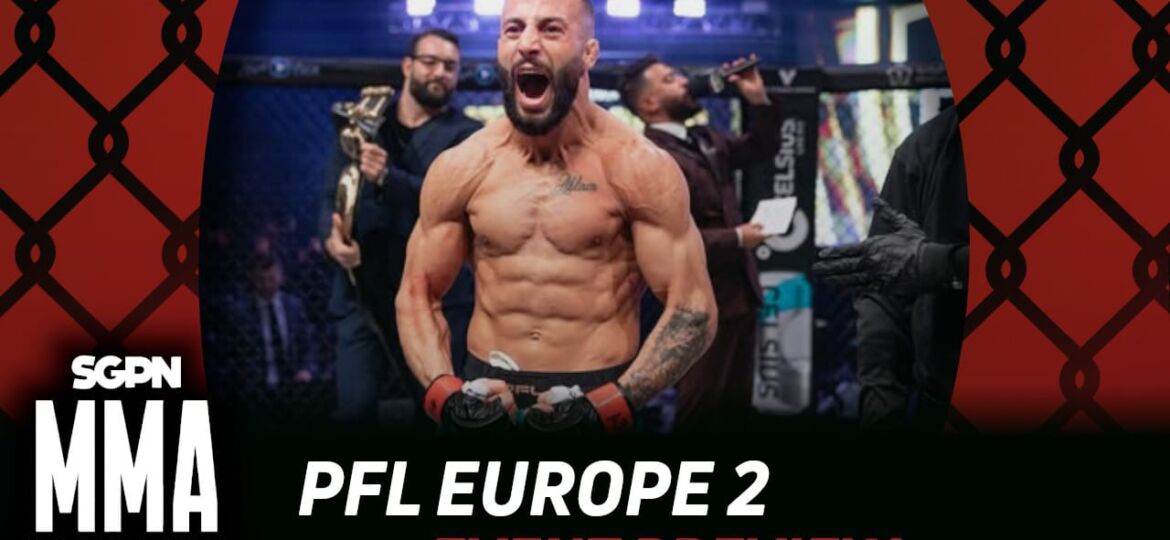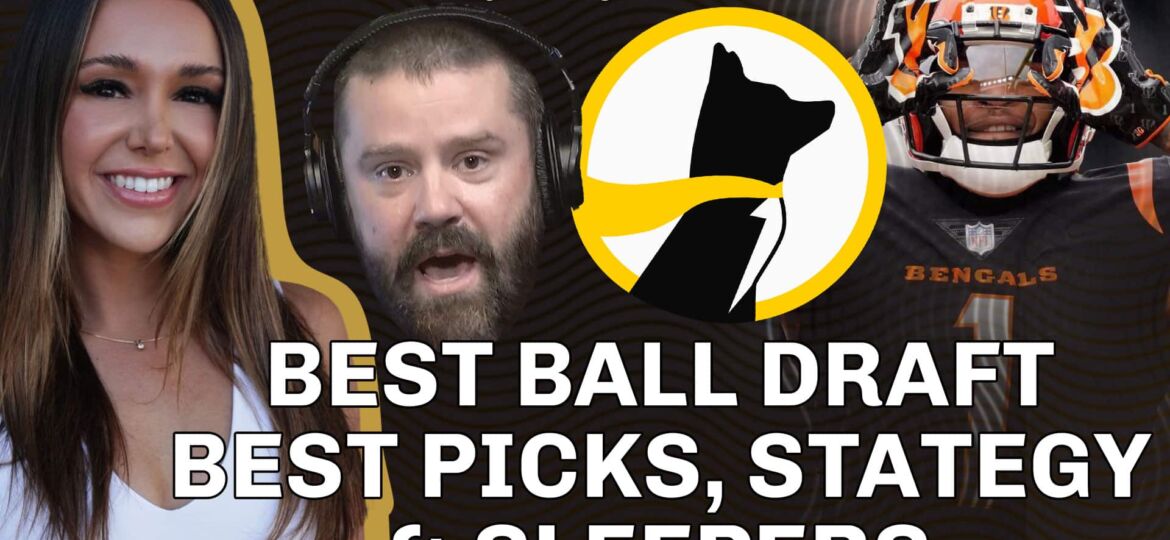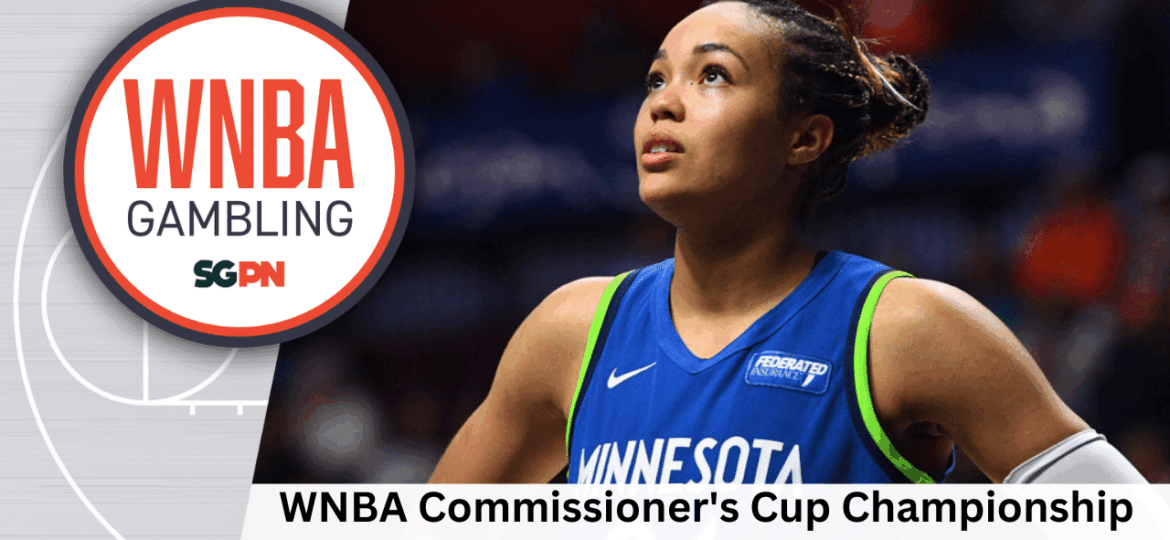Michigan football coach Jim Harbaugh will be sitting out the team’s first three games this season, the university announced today. This stems from potential violations Harbaugh committed during the COVID-19 dead period. The NCAA continues to investigate these potential violations and will rule on them at a later date (expected to be in 2024).
“While the ongoing NCAA matter continues through the NCAA process, today’s announcement is our way of addressing mistakes that our department has agreed to in an attempt to further that process,” Michigan athletic director Warde Manuel said in the school’s official statement. “We will continue to support coach Harbaugh, his staff, and our outstanding student-athletes. Per the NCAA’s guidelines, we cannot comment further until the matter is resolved.”
Harbaugh will still be allowed to coach the team during the week, but will miss their home games against East Carolina, UNLV, and Bowling Green. He’ll be back on the sidelines for the team’s Big Ten opener on September 23rd against Rutgers. Convenient timing.
Harbaugh is facing a Level I violation, meaning he didn’t cooperate or misled the NCAA investigators looking into the matter. While the rumored reason for the violation is the coach paying for a cheeseburger, the NCAA says it’s much more than that.
“The Michigan infractions case is related to impermissible on and off-campus recruiting during the COVID-19 dead period and impermissible coaching activities — not a cheeseburger,” the NCAA’s vice president of hearing operations, Derrick Crawford, said in a statement. “It is not uncommon for the [committee on infractions] to seek clarification on key facts prior to accepting. The COI may also reject an NR [negotiated resolution] if it determines that the agreement is not in the best interests of the Association or the penalties are not reasonable. If the involved parties cannot resolve a case through the negotiated resolution process, it may proceed to a hearing, but the committee believes cooperation is the best avenue to quickly resolve issues.”
Michigan is thought to have imposed this ban on their coach as a sign to the NCAA that they are taking the matter seriously, and in effect, throwing themselves at the mercy of the court. Whether this ploy works or not, it appears we’ll have to wait until 2024 to see.


